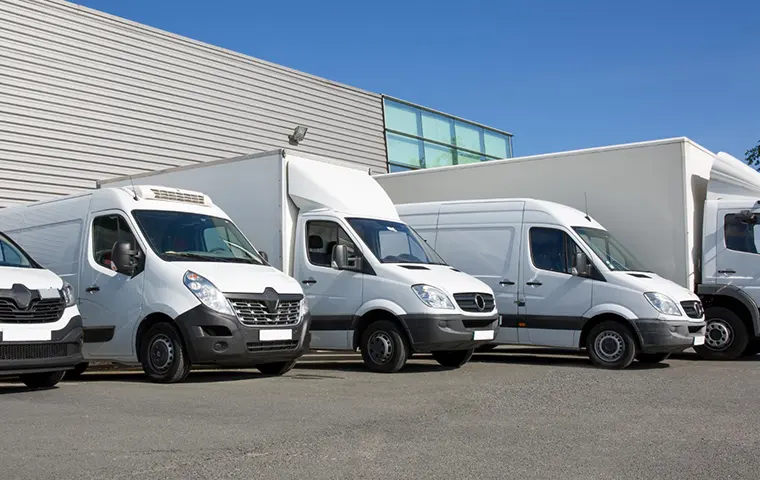One of the most significant challenges for a fleet manager is establishing and maintaining a budget that affordably meets all of the business’s needs. It's worth all the effort because it is an absolute necessity. Without a finely tuned budget, your business’s finances will spin out of control. Let’s break down five ways that you can establish a budget that is both maintainable and affordable.
No. 1: Forecast Yearly Expenses
Before you can set a budget, you must understand your expenses. This helps you determine your fleet’s financial needs for the upcoming year. Perform an audit on your previous years’ spending. Create spending categories and organize your costs so you can understand them easily. You don’t have to do this alone– fleet management software can automate a huge part of this process, taking some of the load off your back.
No. 2: Set Goals and Objectives
Setting a budget is about more than just saving on costs. There are many benefits to enjoy if you have a substantial budget in place. For example, you can allocate funds to areas that enhance your operations. Decide what goals your fleet has, and arrange your budget to help you meet those goals.
No. 3: Track Mileage and Fuel Consumption
Fuel is almost always a fleet’s most significant cost. That’s why fuel management is essential to a fleet manager’s job. Your first step is tracking fuel consumption. You can use fleet management software to accomplish this automatically and accurately. Then, determine ways that you can cut down. We will link some resources at the end of this article to help you accomplish that task.
No. 4: Know Your Recurring Monthly Costs
Don’t wait until the end of the year to analyze your costs. You should be tracking monthly expenses as well. Consider fuel expenditure, employee salaries, vehicle insurance premiums, maintenance expenses, and other similar costs. These costs affect your bottom line and are important to incorporate into your budget.
No. 5: Plan for Changes
Of course, things rarely go exactly according to plan. That’s why when you create a budget, you should make it flexible. Some areas may be stricter than others, but you may have to make some sacrifices as needed throughout the year. If you plan for adjustments to your budget, it won’t be catastrophic when these changes are necessary.
Track Data with Azuga
Creating a budget involves tracking and analyzing costs. If you want to save time and ensure accuracy, let Azuga’s fleet management system do the work for you. Our state-of-the-art technology supports you in all aspects of fleet management. Speak with one of our experts about your budget needs by scheduling a demo today.
Related Reading
4 Best Practices to Reduce Fuel Consumption for Fleets
The article outlines several practical approaches to enhance fuel efficiency within fleet management. It covers insights on driver conduct, vehicle upkeep, route scheduling, and incorporating technology, providing actionable advice to assist companies in minimizing fuel consumption and operational expenses across their fleets.
Everything You Need to Know About Fleet Operating Cost Analysis
This article discusses the significance of conducting a thorough fleet operating cost analysis, focusing on understanding cost components like fuel, maintenance, and labor to enhance decision-making for optimized fleet management and reduced operational expenses. It provides actionable insights and steps for performing a comprehensive cost analysis, enabling businesses to achieve greater efficiency and improved financial management within their fleet operations.
How to Save Money on Fleet Insurance in 2022
The article offers practical strategies for reducing fleet insurance costs in 2022 and beyond, including tips on risk management, driver training, safety measures, and utilizing telematics technology. It provides valuable insights to help businesses save money on fleet insurance while ensuring better safety and cost-efficiency.








